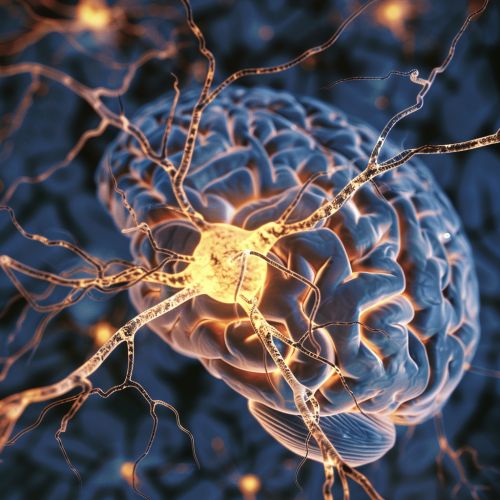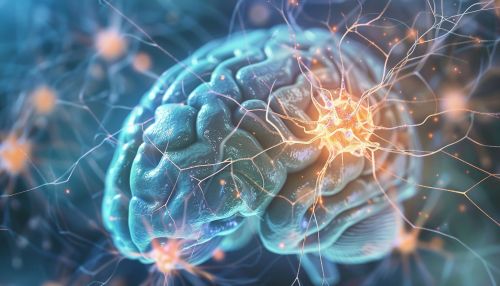Human intelligence
Overview
Human intelligence is a multifaceted and complex feature of the human species, which sets us apart from all other creatures. It is the intellectual prowess of humans, which is marked by complex cognitive feats and high levels of motivation and self-awareness. Intelligence is crucial for humans who design cultures and define what it means to be human.
Definition and Theories
The definition of human intelligence is constantly evolving. In the early 20th century, intelligence was often defined in terms of linguistic and logical-mathematical abilities, as measured by IQ tests. However, modern theories of intelligence such as Howard Gardner's theory of multiple intelligences and Robert Sternberg's triarchic theory propose that intelligence is a broader set of abilities that may be culturally defined.


Biological Basis of Intelligence
The biological basis of intelligence is a significant area of research in the interdisciplinary field of cognitive neuroscience. The most widely accepted theory posits that intelligence is associated with the brain's ability to manipulate and reason with information, as well as the capacity for learning and understanding. The structure and function of the prefrontal cortex, the part of the brain responsible for higher cognitive functions such as decision-making and social behavior, are particularly important in this regard.
Measurement of Intelligence
The measurement of intelligence, often by means of psychometric testing, has a long history. Intelligence quotient (IQ) tests, such as the Stanford-Binet IQ test, are among the most commonly used instruments. However, these tests are often criticized for their cultural bias and for their emphasis on linguistic and logical-mathematical abilities.
Intelligence and Society
Intelligence has significant societal implications. It is often a key factor in educational and occupational attainment, and it is frequently used as a predictor of success in various domains. However, the role of intelligence in society and its potential misuse has been the subject of much debate and controversy.
